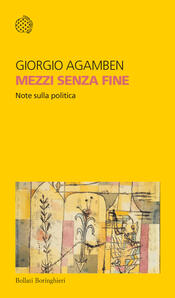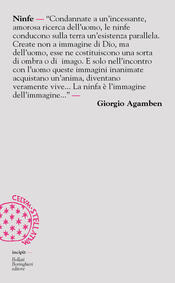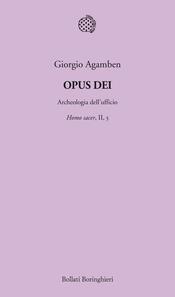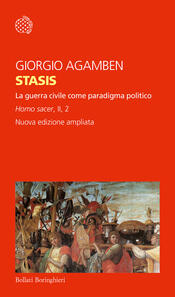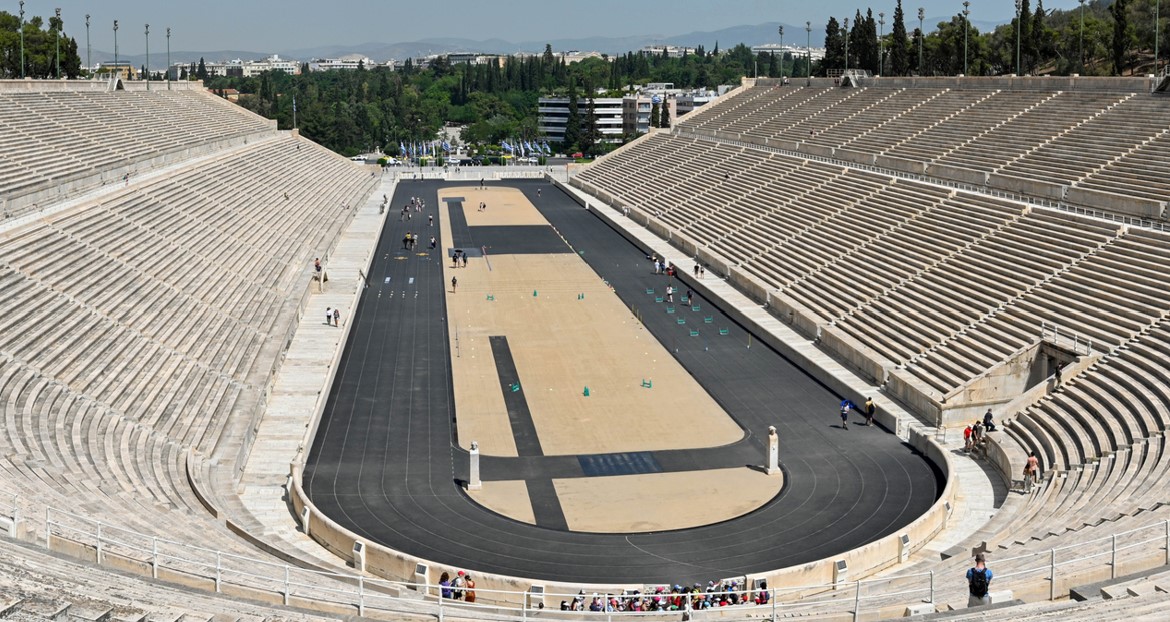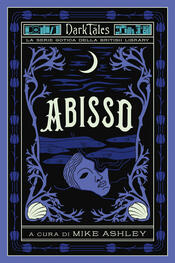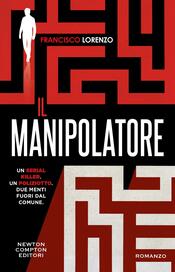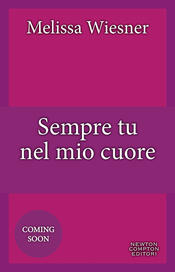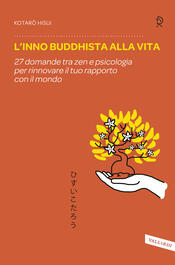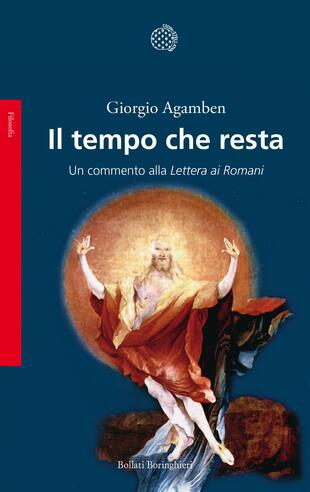

Sinossi
Se è vero che ogni opera del passato giunge alla piena leggibilità solo in determinati momenti della sua storia, per le Lettere di Paolo l’ora sembra venuta. A uno dei testi più commentati della tradizione occidentale Agamben restituisce quel rango messianico che solo può riorientare la prospettiva di una interpretazione ormai bimillenaria. Paolo non fonda una religio dell’universale, non annuncia una nuova identità e una nuova vocazione, ma revoca ogni identità e ogni vocazione; non abolisce la Legge, ma la dispone a un uso che si colloca al di là di ogni diritto. Cuore del messianismo – dall’evangelo paolino fino alle tesi Sul concetto della storia di Benjamin, che talora ne nascondono gli splendidi calchi – è una esperienza del tempo affidata all’inversione del rapporto tra passato e futuro, tra memoria e speranza.
Come tempo di ora, segmento di tempo profano teso fra la resurrezione di Gesù e l’eschaton apocalittico, il tempo messianico si costituisce in figura stessa del tempo presente, di ogni presente. Sul canone di «ricapitolazione vertiginosa» che appartiene al messianico è modellato anche l’andamento del libro di Agamben: una sapienza esegetica da biblista si trasfonde nelle illuminazioni del filosofo che interroga Paolo a partire da Schmitt, Kafka e Scholem, e che sa cogliere nella parola paolina, attraverso Lutero, le ascendenze concettuali della dialettica hegeliana.
- ISBN: 883391254X
- Casa Editrice: Bollati Boringhieri
- Pagine: 192
- Data di uscita: 16-06-2000
Recensioni
It’s hard to get to the end of this book without feeling that one has been tricked in some way. The avowed goal is straightforward enough: to “restore (Saint) Paul’s letters to the status of the fundamental messianic text for the Western tradition”. The method, even more so: to read and comment on t Leggi tutto
A revolutionary and phenomenological reading/interpretation of Paul's letters in view of the whole 2000 years of the Western thinking. Is it that only one man by the name of Paul gave rise to the western thought and imagination? The hope and optimism of Resurrection, salvation held firmly in one's s Leggi tutto
The amount of sheer *insight* found between the pages of a philosophy book never ceases to amaze me.
Without a doubt Agamben's style in this book, compared to that in "The Open", was drastically influenced by Derrida. His Deconstructive-style rants were both exciting and infuriating. He explicitly states the questions that he seemingly intends to answer and, regardless of what he may think, fails t Leggi tutto
I found this a difficult but stimulating book. The difficulty, I think, has to do with the book dealing with a line of thought that hasn't been dealt with much. The concept of "Messianic" time that Paul was operating from is subsumed into a flatter continuation of history that misses the quality of
Agamben does here an impressive commentary on the Letter To The Romans, more impressive in the variety of the concepts he is choosing to use in the commentary than of the hermeutical or biblical accuracy. An interest short read that motivates it's existence by showing an applicability - over a vers
بهدلم ننشست.
Citazioni
Al momento non ci sono citazioni, inserisci tu la prima!





